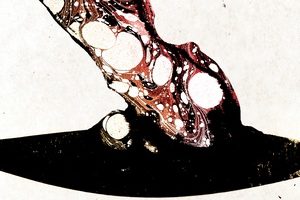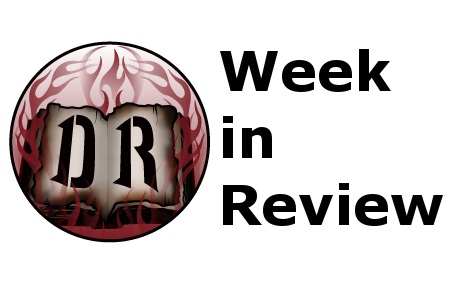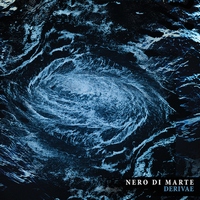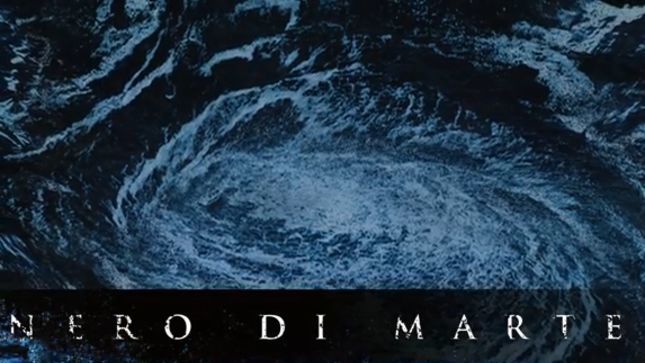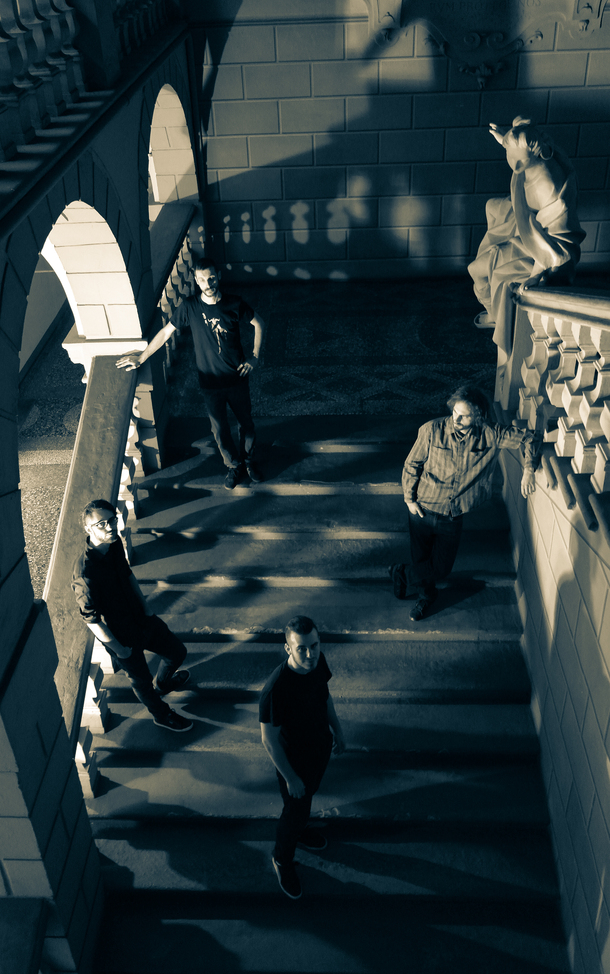Nero Di Marte – Painting Image and Sound
Sunday, 16th November 2014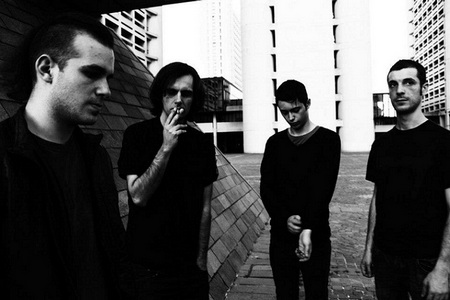
The term progressive metal is one that is seemingly a bit overused in the last few years. It’s truly gotten to a point where it’s barely a descriptor for a band. Progressive could mean anything from death metal to power metal to black metal it seems. So when a deserving band comes along that is actually capable of carrying the term, sadly, it doesn’t carry as much weight as it should. Italy’s Nero Di Marte is one such band; melding aspects of groove heard by bands such as Mastodon and Gojira with dark, atmospheric sounds more in common with post-metal has already established the young band as having a sound that’s their own.
Nero Di Marte started generating some buzz late last year in the US opening for Gorguts. Capitalizing on some momentum (having your next album ready to go certainly helps), late October saw the release of the band’s sophomore effort, Derivae. Being able to chat with vocalist/guitarist Sean Worrell and guitarist Francesco D’Adamo on the album’s release day, the guys were happy to chat about changing the band’s name, trying to classify their sound, the making of Derivae, and much more. Read on…
Dead Rhetoric: You originally called the band Murder Therapy. Did you change the name because you felt it inhibited your sound?
Francesco D’Adamo: So many things changed [with the band] that it was useless to bring on the name of the original project. We still are really proud of what we did in those years, but it was basically a new band. We wanted to change the name and start over.
Dead Rhetoric: Along with that, changing from a name like Murder Therapy; how important do you feel the name of the band is, in terms of there being expectations of how you are supposed to sound?
D’Adamo: It should not be important, but if you are an underground band it can give an idea about your sound. We were known as a really extreme death metal band and we feared that the new material, that was totally different, would be judged as a change from our death metal roots. We didn’t want to have to discuss it so we thought it was better to [change the name and] start again.
Dead Rhetoric: The name Nero Di Marte has to do with iron oxides from paintings. How does that fit into the sound of the band?
D’Adamo: I paint and I really love the names of those colors. They were, and still are, some of my favorite colors when I paint because they are very dark and intense and they made me think about our music, which was starting to be really dense. It’s funny because we often describe music with an image and sound. So it was kind of natural to try to give a first impression of our music using images of colors.
Dead Rhetoric: You’ve released two albums in about two years or so. Is it safe to say that creatively speaking, there’s no trouble translating any ideas into songs.
Sean Worrell: Yes, but I want to make it clear that the debut album that we released last year was recorded in 2011. So it took 2 and a half years for it to come out. In the meantime, we were still writing and it just came about that after we released the debut (Nero Di Marte) we just finished writing the second album (Derivae). Since it was ready, we just asked if we could release it this year and they said okay.
In terms of the creative process, we’ve actually written more material than what we have put out. We’ve selected some songs off Derivae for the album but we had at least 5 or 6 extra songs that didn’t really fit the atmosphere. So we went through a really nice creative process for the last few years, which has been really productive and I hope that continues as well.
Dead Rhetoric: So if you had three years for it [Derivae], do you feel it’s more mature than the debut? Were you able to put more of your thoughts into motion?
Worrell: For sure. It gave us a lot more time to think about the songs, to try to develop a context for the whole album, and figure out what we really wanted to do in a more thoughtful way.
Dead Rhetoric: How important is band chemistry and interaction, in terms of your overall outlook and sound?
Worrell: It’s extremely important. It’s something we always try to develop even further each time we go to rehearsals. We are always trying to improve the way we interact with each other.
D’Adamo: It’s something that changes with time, and you learn how to leave enough space for all the other people to be able to put their ideas in the song. Actually, I think that this album is even richer than the first, because in each song, each of us had the opportunity to add or take away/change something that we didn’t like. For example, when Andrea [Burgio] joined the band, most of the material for Nero Di Marte was already written so he did his job but it was different for this album because we were literally like 4 people working from beginning to the end on the same level on everything. Sometimes it can be a bit different to keep the balance, but if you are able, and you learn how to go over it, the final product is going to be richer for sure.
Dead Rhetoric: Listening to Derivae, it seems that there is an emphasis on groove as well as atmosphere. How do you combine the two successfully?
Worrell: I don’t know [laughs]. I guess it’s just by listening to the music and what it suggests. Having it sit in your mind and trying to figure out how rhythmically something can flow and work in a song, along with atmosphere. It’s hard to describe. It’s just natural.
D’Adamo: I think that some of us are more rhythmic and some of us move towards more atmosphere, so when we find the balance, the songs are as you describe. For example, in my playing there is really no trace of groove at all usually; each of us is different.
Pages: 1 2











